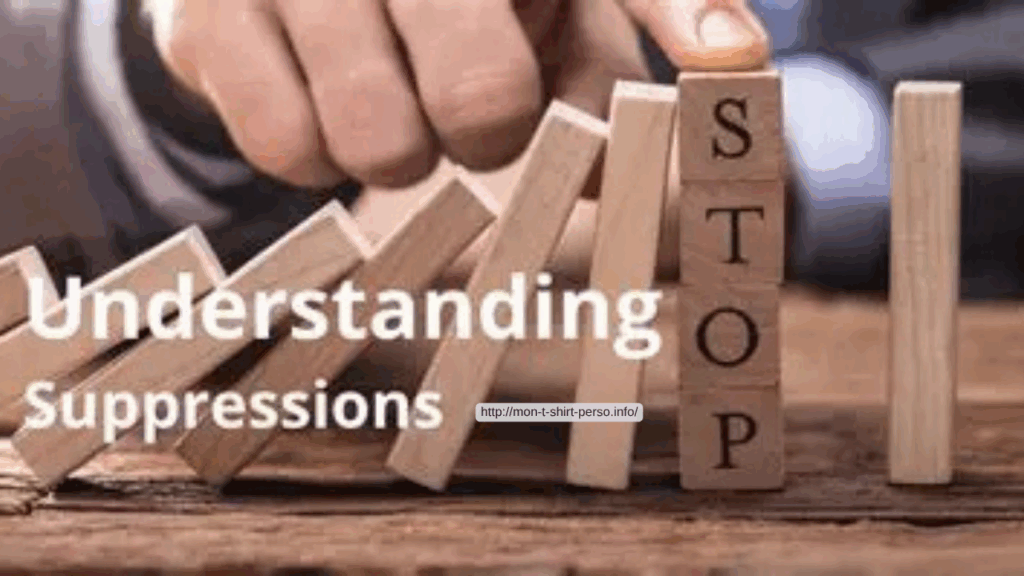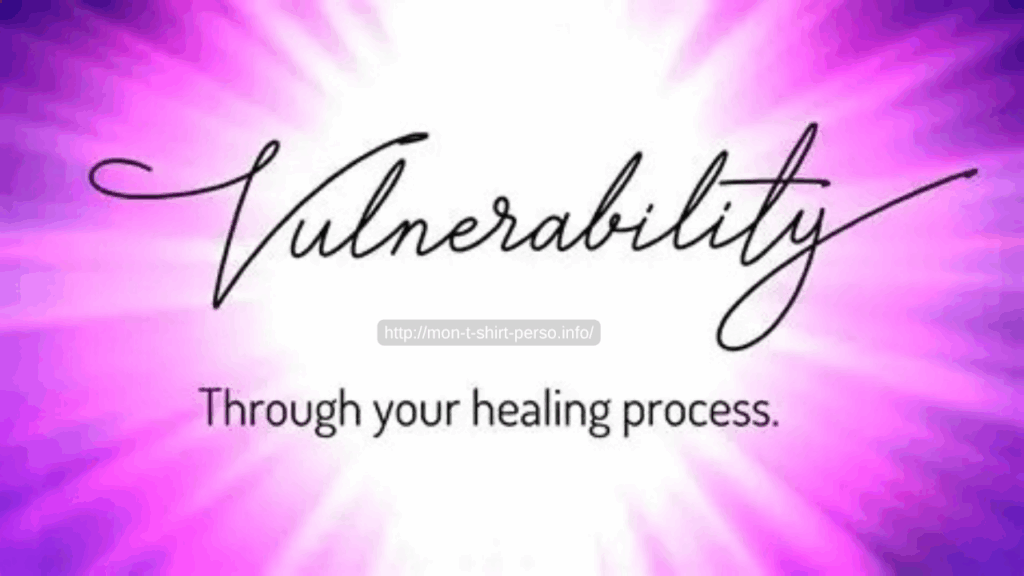
The Power of Emotional Honesty
Recovery from addiction and mental health challenges is a journey that involves more than abstaining from harmful behaviors. It requires confronting emotions, understanding their impact, and learning to express them safely. Many people struggling with addiction carry years of unspoken pain, guilt, or fear. While staying silent may feel protective, it often increases stress, anxiety, and the risk of relapse.
At [Name of Website], we know that healing starts with honesty. Sharing feelings in a supportive, compassionate environment allows individuals to release emotional burdens, connect with others, and develop resilience. Emotional honesty is not a sign of weakness—it is a vital tool for recovery and long-term mental wellness.
How Suppressed Emotions Affect Mental Health
Suppressing emotions can take a significant toll on both the mind and body. Unexpressed feelings often manifest as chronic stress, tension, and anxiety. Over time, this internal pressure may worsen mental health struggles, reduce coping abilities, and even contribute to relapse.
The Benefits of Sharing Feelings
- Reduces stress and anxiety: Expressing emotions activates the body’s natural relaxation response.
- Improves mood regulation: Talking about feelings helps process and release negative emotions.
- Strengthens relationships: Honesty fosters trust and deeper connections with counselors, peers, and loved ones.
- Builds resilience: Facing emotions directly teaches coping skills and enhances confidence in managing challenges.
By sharing feelings, individuals replace harmful patterns of silence with constructive pathways to healing.
Creating Safe Spaces for Emotional Expression
For emotional honesty to be effective, it must occur in a safe, supportive environment. At [Name of Website], we prioritize creating spaces where clients feel heard, understood, and valued.
How Safe Spaces Promote Healing
- Professional guidance: Licensed therapists provide structured support for processing difficult emotions.
- Peer support groups: Group sessions offer validation, encouragement, and shared experiences.
- Holistic approaches: Mindfulness, art, and music therapy provide alternative outlets for expression.
- Faith-based practices: Spiritual reflection and prayer can help individuals integrate emotions with personal values.
- Individualized care: Each client receives a personalized plan that meets their emotional and therapeutic needs.
These strategies help individuals feel comfortable opening up, reducing anxiety and stress while building trust and resilience.
Practical Tips for Sharing Feelings Safely
- Start small: Share one honest feeling with a trusted friend, counselor, or support group member.
- Use “I” statements: Expressing feelings from a personal perspective encourages clarity and reduces defensiveness.
- Explore creative outlets: Journaling, painting, or music can express emotions that are difficult to verbalize.
- Practice mindfulness: Identify and acknowledge emotions before attempting to communicate them.
- Seek professional support: Therapists provide tools to express emotions safely and effectively.
Honesty as a Path to Wellness
Healing begins with honesty. Sharing feelings is a powerful tool that reduces stress, eases anxiety, and strengthens the foundation for lasting recovery. By expressing emotions in a safe and supportive environment, individuals not only process past pain but also build resilience, deepen relationships, and embrace authentic living.
At [Name of Website], our compassionate, individualized programs integrate holistic and faith-based approaches to help clients navigate the challenges of recovery with courage and clarity. If you are ready to take the next step, reach out today. Your path to healing and emotional freedom begins with a single act of honesty.

